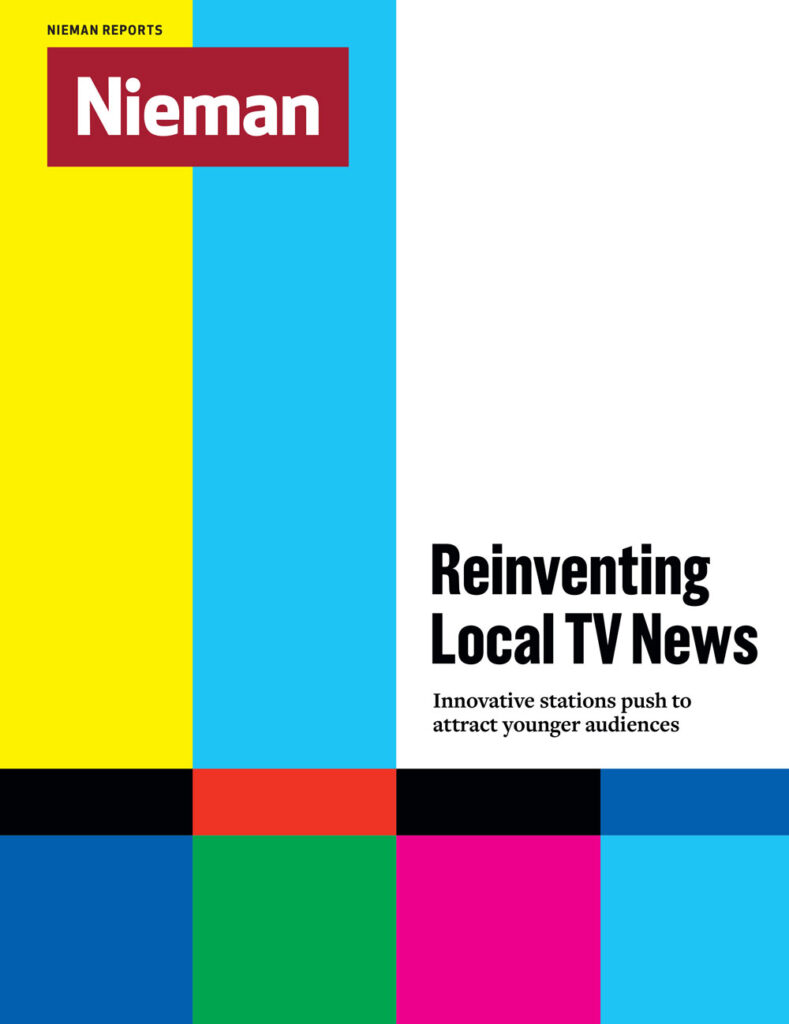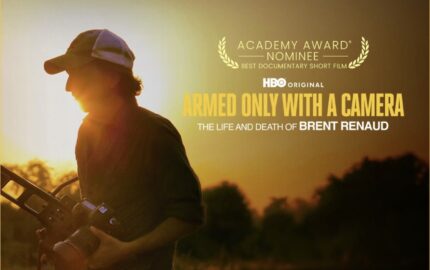I spend many of my waking hours—and some of my sleeping hours, too—thinking about how best to ensure the health and long-term growth of The Chronicle of Higher Education Inc., where I’m president and editor in chief. That’s no different from anyone else running a journalism company these days.
But what may be a bit different is that the Chronicle is embracing a new approach: I’m trying to help us think beyond the journalism that has propelled us for 51 years as I talk more and more about reimagining the enterprise as an information company.
That paradigm shift has given rise to a promising line of business, namely producing smart, analytic, and in-depth reports on critical topics that our audience cares about. So far, readers have proven willing to pay for that content, fueling some significant revenue growth and a host of opportunities.
Several years ago, I started talking up this information experiment, realizing we could serve our readers with a different type of content, something that ranged beyond our daily and weekly journalism. What if, I wondered, we produced some deep-dive reports that helped our readers do their jobs well, make better decisions, and solve the problems they face in their professional lives?
We’ve always been dedicated to producing indispensable content that readers will pay for, and this bet doubles down on that strategy. Like many others in our industry, I know that paid content offers a smart revenue stream for the future.
Both The Chronicle of Higher Education and its sister publication, The Chronicle of Philanthropy—professional journals designed to serve the higher education and nonprofit worlds—are pursuing this approach. Both occupy deep journalistic niches and use journalists’ substantial expertise and experience in those fields to power their appeal. I firmly believe that the more expertise you have, and the deeper you dive in a content niche, the more valuable that content becomes to a discerning audience.
About three years ago, a small cross-company band of stalwarts brainstormed some ideas and settled on a pilot project to help readers envision the future landscape of higher education, focusing on trends and forces affecting students, faculty, and learning. We called it the “2026 Report: The Decade Ahead.”
A former Chronicle journalist researched and wrote the 42-page report; several editors shaped it; marketing designers produced the report; and audience development staffers sold it. This project was a success, bringing in more than half a million dollars, a result that confirmed we were on to something worthwhile.
Last year, the top editors for the two Chronicles, Liz McMillen and Stacy Palmer, decided to produce multiple reports using newsroom staffers, which meant juggling resources and shifting some time away from daily journalism, allowing us to prove the concept before making a bigger commitment.
Those reports, most of them forward-looking—“The Future of Enrollment,” for example—sold well, and we discovered that about six out of 10 were bought by non-subscribers for $179 in print, slightly less for digital. Along the way, we learned some good lessons about the limitations of email marketing and the importance of building an easy-to-use Chronicle store for online purchases. And we decided to make a bigger commitment.
This year we’ve dedicated several editors and reporters to produce the content. More of the company is helping to create, edit, design, market, and sell them. We’re developing a line of related products and sponsored events, tied to the larger report themes. In addition, we’re tapping into our archives to mine that mother lode of content and build targeted collections, such as “11 Must Reads for 2018,” which we will sell.
I realize that some of these efforts will succeed. Others will flop. And we’ll discover different approaches as we learn and adjust. Excellent journalism, with its reliance on newsroom expertise, will remain solidly at our core. But this experiment, shaped by reimagining the Chronicle as an information company, will enable us to create some new types of indispensable content. And I bet our audiences will continue to pay for that.
But what may be a bit different is that the Chronicle is embracing a new approach: I’m trying to help us think beyond the journalism that has propelled us for 51 years as I talk more and more about reimagining the enterprise as an information company.
That paradigm shift has given rise to a promising line of business, namely producing smart, analytic, and in-depth reports on critical topics that our audience cares about. So far, readers have proven willing to pay for that content, fueling some significant revenue growth and a host of opportunities.
Several years ago, I started talking up this information experiment, realizing we could serve our readers with a different type of content, something that ranged beyond our daily and weekly journalism. What if, I wondered, we produced some deep-dive reports that helped our readers do their jobs well, make better decisions, and solve the problems they face in their professional lives?
We’ve always been dedicated to producing indispensable content that readers will pay for, and this bet doubles down on that strategy. Like many others in our industry, I know that paid content offers a smart revenue stream for the future.
Both The Chronicle of Higher Education and its sister publication, The Chronicle of Philanthropy—professional journals designed to serve the higher education and nonprofit worlds—are pursuing this approach. Both occupy deep journalistic niches and use journalists’ substantial expertise and experience in those fields to power their appeal. I firmly believe that the more expertise you have, and the deeper you dive in a content niche, the more valuable that content becomes to a discerning audience.
About three years ago, a small cross-company band of stalwarts brainstormed some ideas and settled on a pilot project to help readers envision the future landscape of higher education, focusing on trends and forces affecting students, faculty, and learning. We called it the “2026 Report: The Decade Ahead.”
A former Chronicle journalist researched and wrote the 42-page report; several editors shaped it; marketing designers produced the report; and audience development staffers sold it. This project was a success, bringing in more than half a million dollars, a result that confirmed we were on to something worthwhile.
Last year, the top editors for the two Chronicles, Liz McMillen and Stacy Palmer, decided to produce multiple reports using newsroom staffers, which meant juggling resources and shifting some time away from daily journalism, allowing us to prove the concept before making a bigger commitment.
Those reports, most of them forward-looking—“The Future of Enrollment,” for example—sold well, and we discovered that about six out of 10 were bought by non-subscribers for $179 in print, slightly less for digital. Along the way, we learned some good lessons about the limitations of email marketing and the importance of building an easy-to-use Chronicle store for online purchases. And we decided to make a bigger commitment.
This year we’ve dedicated several editors and reporters to produce the content. More of the company is helping to create, edit, design, market, and sell them. We’re developing a line of related products and sponsored events, tied to the larger report themes. In addition, we’re tapping into our archives to mine that mother lode of content and build targeted collections, such as “11 Must Reads for 2018,” which we will sell.
I realize that some of these efforts will succeed. Others will flop. And we’ll discover different approaches as we learn and adjust. Excellent journalism, with its reliance on newsroom expertise, will remain solidly at our core. But this experiment, shaped by reimagining the Chronicle as an information company, will enable us to create some new types of indispensable content. And I bet our audiences will continue to pay for that.



